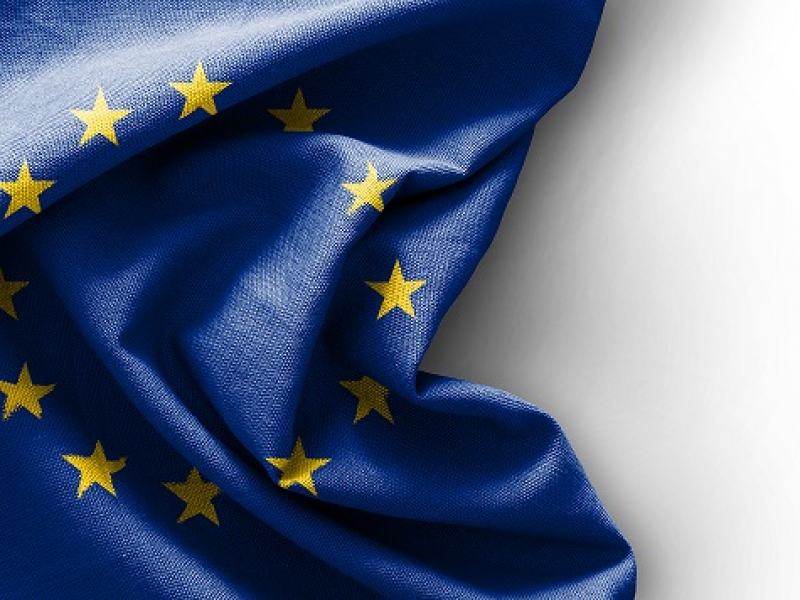Domenico Moro / 29 January 2025
Commentary no. 311
Whenever the need to provide the European Union (EU) with an autonomous military capability is discussed, two objections are raised: a) there can be no defence without a European foreign policy; b) it is unclear which institution would be in charge of a European army. An approach, as for the first objection, supported also by the former Prime Minister Mario Monti, after the debate on Italy's position in view of the last December European Council, presented by Prime Minister Giorgia Meloni to the Italian Parliament.
If defence is linked to foreign policy, to the point of subordinating the realisation of the former to the latter, it is very likely that neither will happen. Rather, with the return of war in Europe, one must bear in mind Jean Monnet's teaching on how to get out of a political impasse: “I had learnt – Monnet argued (in his Memoirs) – that one cannot act on general lines, starting from a vague concept, but that everything becomes possible if one manages to concentrate on a precise point which then determines everything else”. The establishment of an autonomous European defence force is now the point on which to act.
When a political community is attacked or threatened by aggression, there is no foreign policy decision to be taken, one just has to organize the defense. The defence of the EU's eastern borders does not require any foreign policy decision. All EU countries, with the possible exception of Hungary and Slovakia, agree that the EU must have its own defence. The decision can be taken on the basis of the treaties that are in force, using the instrument of permanent structured cooperation (Art. 42.6 TEU), under which it can be decided, by qualified majority, that a vanguard of countries will proceed to establish a permanent multinational force (Art. 1.b, Protocol 10). This multinational force will complement the national military forces guarding the eastern borders and, in whole or in part, the interposition force between Ukraine and Russia, once a truce agreement has been reached.
The link with foreign policy does not arise with reference to the first core of a European defence but will arise when it comes to the use of armed forces in operations outside the borders. This is the situation where military force becomes an instrument in the service of foreign policy. Already today, the EU conducts 13 civil and 10 military missions abroad. These are conducted at the request of the United Nations, or the countries concerned. Only the Aspide mission in the Red Sea and Indian Ocean is decided by the EU alone. The European multinational force could very well take over the conduct of most of these missions.
Who would the European multinational force report to? Examining the steps taken by the EU in the defence sector provides the answer. Since the Helsinki European Council in 1999, the EU has progressively equipped itself with the same structure as the Atlantic Pact: a Political Committee, a Military Committee and a Military Staff. Compared to the Atlantic Pact, there is the elected European Parliament, which votes for the European Commission and its Vice-President who is also the High Representative for Foreign Affairs and Security Policy (HR). In federal systems, such as the Federal Republic of Germany, the armed forces come under the Ministry of Defence; in the case of the EU, the multinational force could be subordinate to the HR, which is accountable to both the European Council and the Commission and, therefore, also to the European Parliament.
As a core group of countries permanently assign a part of their armed forces to the EU, this part becomes a real European asset that provides a European public good and that will have to be financed by the EU, through two possible ways. The first is to create a dedicated budget allocation within the EU budget; the other is to issue a European defence bond, splitting part of the revenues between national and European armed forces. The debt service would have to be covered by an increase in own resources.
Building European defence is not an easy task, and the difficulties are not only political, but also of public opinion, since historically they have consolidated around a single institutional model – the unitary state – for which a single army at the European level is expected instead of 27 national armies. This perspective has already been challenged, arguing that European defence will only be achieved if it is a federal defence, adopting the defence model of the United States where, for more than a century since its foundation, alongside the federal armed forces there were (and still are) state militias (now the National Guard).
In a highly inter-connected world, foreign policy is not limited to diplomatic relations (where the EU is still divided) and the use of force (which the EU does not yet have). Instead, military force will be added to the elements of power it already has. By exercising exclusive competence in foreign trade, agreements with Canada and the Mercosur countries could reduce the influence of the US in these areas. The euro competes with the dollar and other currencies for the role of reference currency in trade and the EU (if the Savings and Investment Union advocated by the Letta Report were to be realised quickly) could also compete with the US for control of the savings generated within their respective economic areas. The same applies to exclusive competence in competition matters, when the EU adopts measures to counter the monopoly of large high-tech companies. The title of this Commentary is therefore not entirely correct, as the EU already makes foreign policy, albeit by means other than force.
There is no doubt that an EU endowed with an autonomous military force becomes a more credible actor on a global scale and changes the balance of power. Having an armed force and being the only political community that has an interest in supporting a world based on shared rules will enable the EU to promote a policy aimed at strengthening multilateral institutions and, as is already the case today, to deploy its military force more effectively for operations outside the borders of the EU, at the request of the United Nations or regional organisations.
*Member of the Board of Directors and Coordinator of the Security and Defence Area of the Centro Studi sul Federalismo

 En
En  It
It 



